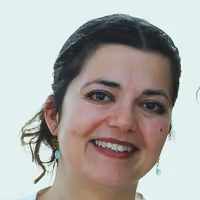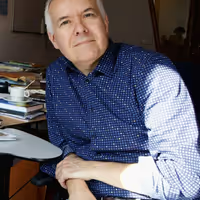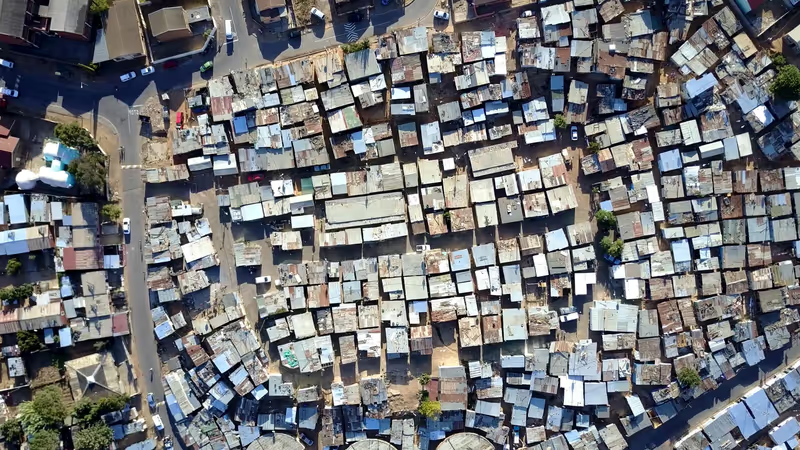| Student: | |
|---|---|
| Timeline: | February 2021 - 1 February 2025 |
Planning support systems (PSS) are integrated systems of GIS tools, spatial & non-spatial data, and methodologies to support decision-making in various planning activities and processes. The Spatial Development Framework (SDF) methodology is a PSS developed to support decision-making processes at various government levels for creating spatial strategies for physical planning, development and governance (Spaliviero, Boerboom, Gibert, Spaliviero, & Bajaj, 2019). It was first designed and applied in 2011. Since then, it has been redeveloped and adapted for various application purposes over the last ten years in different countries in the Global South (Table 1).
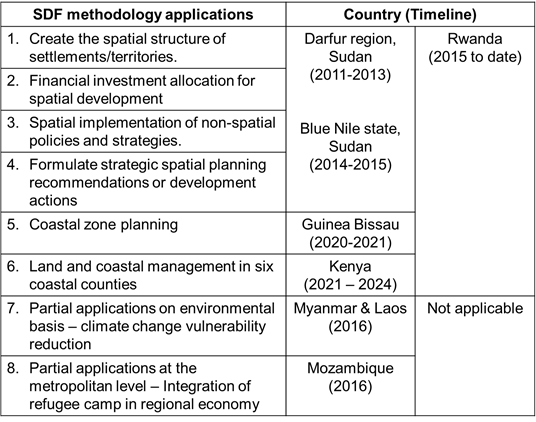
Table 1: SDF methodology applications in the last ten years. Source: Oyeku, D. A., 2021
The SDF methodology applications prove that there is repeated or routine use of PSS in practice. For instance, since 2015, the SDF methodology has provided geo-spatial tools, technologies and methodologies for decision making in Rwanda for various planning processes to date (Figure 1). However, like many other PSS applications, we cannot infer or ascertain that such repeated or routine use and applications make PSS an institutionalised procedure in the planning process. Therefore, this research deviates from the limited use perspectives in PSS research to propose a shift to investigate real-world case studies of PSS applications to explain the basis for the repeated use, routine use or potential institutionalisation of PSS in the planning process.
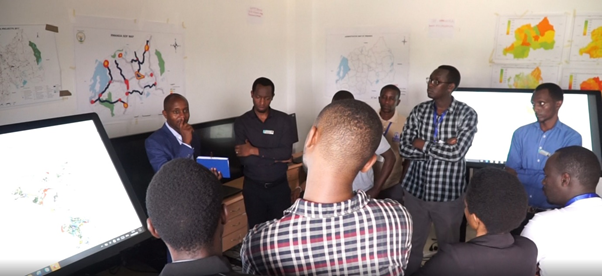
Figure 1:The spatial development framework (SDF) methodology application in Rwanda. Source: Boerboom, L., 2020
The main research objective is to provide insights into the institutionalisation of PSS in the planning process from real-world case studies. It intends to document fact-based knowledge from different application case studies of the SDF methodology to ascertain where, when, how and why the institutionalisation happens or otherwise. It aims to explain the a) motivations, b) mechanisms (actions and processes), and c) networks of agencies involved in PSS repeated or routine use and how it shapes the institutionalisation of PSS in the planning process.
The assemblage of findings from a, b and c will document the patterns, stages, processes and extents of the institutionalisation (or otherwise) of the SDF methodology in the planning process. This research intends to serve as 1) the proposal for another research agenda and 2) another methodological lens for scientific communities involved in the research and development of geo-spatial technologies and methodologies.
Reference
Spaliviero, M., Boerboom, L., Gibert, M., Spaliviero, G., & Bajaj, M. (2019). The Spatial Development Framework to facilitate urban management in countries with weak planning systems. International Planning Studies, 0(0), 1–20. https://doi.org/10.1080/13563475.2019.1658571



